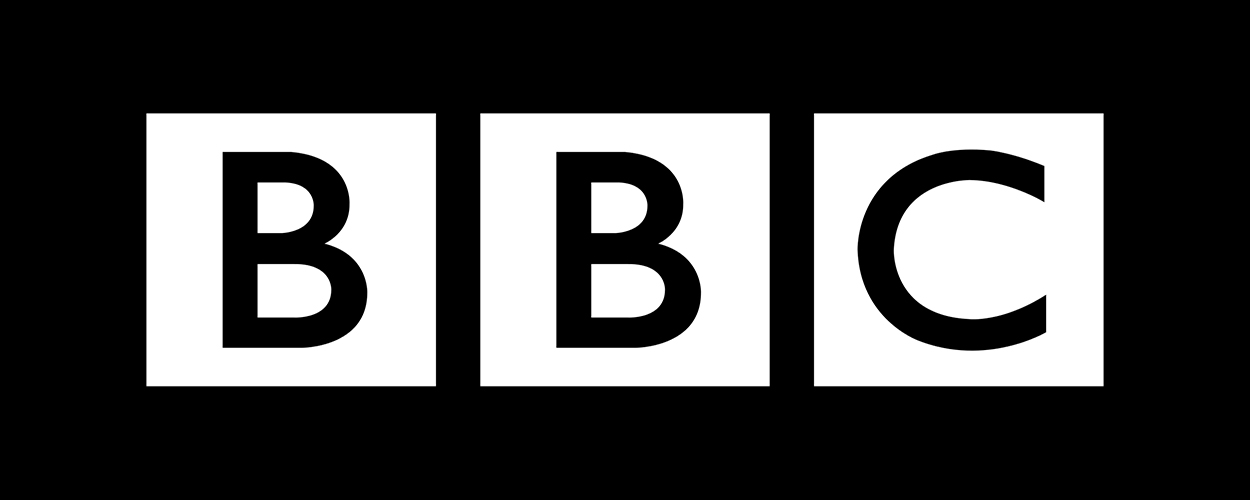This website uses cookies so that we can provide you with the best user experience possible. Cookie information is stored in your browser and performs functions such as recognising you when you return to our website and helping our team to understand which sections of the website you find most interesting and useful.
Business News Media
BBC confirms new senior management structure
By Chris Cooke | Published on Friday 8 July 2016

BBC boss dude Tony Hall has announced his long expected revamp of the top team at the Corporation. The aim was to simplify and streamline senior management, the expectation being that there would be three top execs based around the three core aims set out for the Beeb by its original chief John Reith: inform, educate and entertain. In the end Hall’s new executive structure is a little more complicated than that, presumably to accommodate internal politics and legacy structures.
Under the revamp, Anne Bulford is promoted to the recently non-existent role of Deputy Director General. Charlotte Moore becomes Director Of Content, responsible for all of the Corporation’s TV channels, plus the iPlayer and sport. James Purnell becomes Director Of Strategy & Education, leading on partnerships with museums and arts organisations, overseeing educational programmes, and doing generic strategy stuff.
Other senior execs keep pretty much the same jobs as before, with James Harding overseeing news and current affairs and Helen Boaden running radio, though 5Live, not previously part of her remit, will be from this point on. Mark Linsey remains Director Of Studios and Tim Davie will continue to run commercial division Worldwide.
The job of Director Of Nations And Regions will also be reinstated, which basically oversees anything not London, with the aim, says the Beeb, of “enhancing the BBC’s offer to the nations and regions of the UK to improve our content while also looking for savings so that more money can be released for content”.
Though that new commitment to the regions does also see the chiefs of BBC Wales, BBC Scotland and BBC Northern Ireland removed from the top team and the role of Director Of BBC North axed completely. Oh, and the to-be-appointed new Director Of Nations And Regions will be based in London. Good times.
Confirming all the changes on Wednesday, Hall told reporters that the executive rejig was part of a bid to better equip the BBC for the future. “We must never stand still”, he said. “We must always be looking to innovate and change. The new executive will lead this process of creative renewal to ensure the BBC remains the most creative force in the world.
He went on: “On a practical level, these changes are also about creating a simpler BBC with fewer layers and clear lines of accountability. Much has already been achieved, but this process must now be accelerated. The BBC also needs to reinvigorate its offer to the public on education – something I am passionate about. That’s why its importance is now recognised at the very top of the BBC”.
He concluded: “The UK is changing and changing fast. The BBC needs to recognise and address that. That’s why the work of improving our news and programming offer to the nations and regions is so important. It will be a challenge in an environment where resources are tight, but it is a priority and the steps taken today recognise that”.
While it’s debatable whether Hall’s executive rejig makes the Corporation’s structure any simpler, it does cut the head count at the top of the organisation from sixteen to eleven, which will help with that ambition that is arguably a higher priority that the need to innovate, change or educate: ie the need to save a serious amount of cash.





